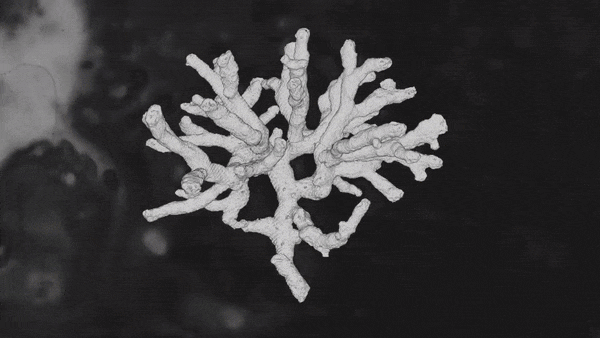U.S. Film Premiere of "What is Owed" and a Panel on Law, Technology and Climate Justice Following the International Court of Justice’s Historic Climate Case
October 23rd 2025Thursday, October 23 | 6:30pm Doors; Event starts at 7:00pm (EST
This is an in-person event at the historic Firehouse Cinema located at the Downtown Community TV Center (DCTV) on 87 Lafayette St., New York City, 10013. This event is open to the public.
Please note, tickets are offered here, via a sliding scale.
In July 2025, the International Court of Justice (ICJ) released a historic advisory opinion on states’ legal obligations to address climate change—finding that states must act to prevent and redress harms from the climate crisis. This decision came about as a result of years of advocacy by Pacific Island student activists, joined by a coalition of global youth groups, and spearheaded at the UN-level by the State of Vanuatu. This event brings together many of the key actors who pushed for the Court ruling to examine what the opinion means, what it leaves unanswered, and what is needed next.
The program opens with a screening of What is Owed: Taking the Climate Crisis to the World’s Court, a short documentary created about the ICJ case, which was developed by SITU Research and the University of Chicago Global Human Rights Clinic, in collaboration with the youth activists who fought for the ICJ decision– the Pacific Island Students Fighting Climate Change (PISFCC) and World’s Youth for Climate Justice (WYCJ). A panel discussion will follow the screening, featuring Vishal Prasad, Campaign Director of PISFCC (joining remotely from Fiji); a representative from the Government of Vanuatu, who brought the case before the ICJ; Brad Samuels of SITU Research; Anjli Parrin of the University of Chicago’s Global Human Rights Clinic; and filmmaker Suneil Sanzgiri. Together, they will explore the legal and political implications of the advisory opinion and consider how bridging advocacy, law, technology, and spatial practice can address climate harms at scale—demonstrating the potential of cross-disciplinary approaches as tools for accountability, redress, and climate justice.
The film, What is Owed, uses a striking blend of satellite imagery, archival footage, oceanic 3D renderings, and powerful testimonies to expose the possibilities and limitations of international law in addressing the urgent climate threats faced by vulnerable nations. It underscores how Indigenous peoples, small island states, and many communities across the Global South—despite contributing least to the crisis—have been largely excluded from formal international legal processes. At its core, the film is a call for justice, accountability, and the creation of new narratives that center those most affected by the climate crisis. It also highlights the central role of youth activists in mobilizing global pressure to bring the case before the ICJ, and their fight to be heard within systems historically shaped by colonial power structures.
For more information about the program and accessibility at DCTV, please visit their website here.

